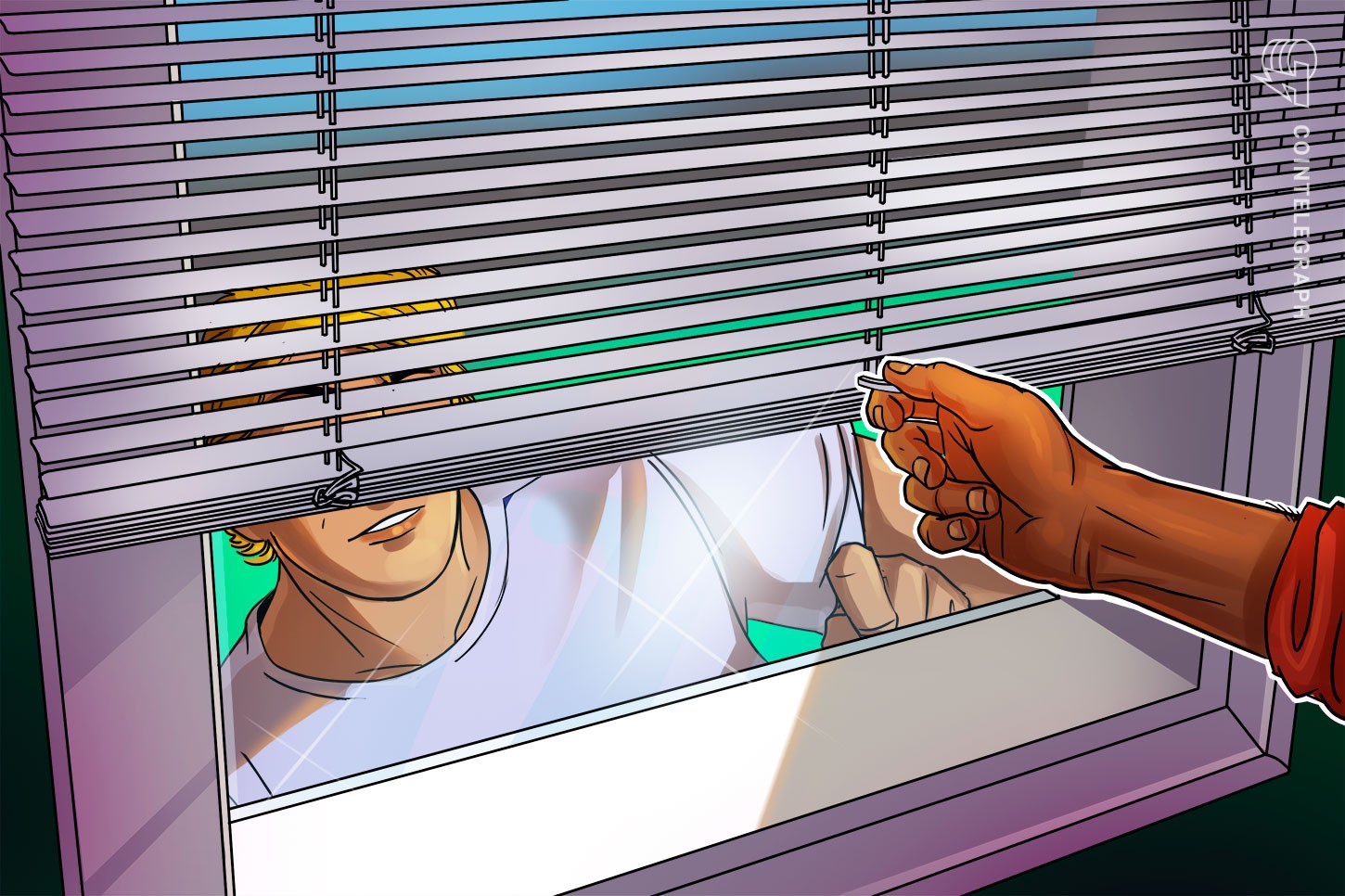Polkadot (DOT) validator Web3Italy has been “slashed” and “chilled” after going offline for 14 hours on Aug. 10 and 11.
This means that the validator has lost their staked tokens and been temporarily kicked from the network, respectively.
Web3Italy went offline at the same time that numerous other Web3 Foundation validators went offline resulting in the network taking action against the entire group. Web3 Foundation technical educator Bruno Skvorc said the act of being offline alone was not a “slashable offense,” but “being offline with a bunch of others is,” adding:
“This validator was offline when a bigger set of validators failed, all of which for slashed and aren't being forgiven. This validator was collateral damage.”
According to Polkadot’s documentation, when an individual validator is “offline for an entire epoch” (4 hours), the offending party will be chilled, — removing them temporarily from the active validator set and disqualifying them for re-election in the next round only. It further specifies that this offense is the lowest class (level one), and will not result in any slashing of their stake.
Despite this specification, Web3Italy’s offense was classed as the highest level (level four), specified as “misconduct that poses a serious security or monetary risk to the system, or mass collusion.” The punishment for this level of offense will see the offending parties chilled and all or most of their stake slashed.
However, a controversial motion has been proposed which would forgive the validator and cancel their slash.
The motion states that the incident was “most likely related to an issue with software/hardware,” indicating that the incident was not malicious. It also outlined that the offense would probably have been classed as level one had it not been for the other offending but ‘unrelated’ validators. These two conclusions were the basis for the motion.
Computer scientist Ali Atiia suggested that reinstating the offending validator’s stake sets a dangerous precedent for future malicious actions:
A Polkdadot validator went offline for 14hr and got slashed 🔥. There's a governance proposal to forgive them 🤗
— Ali Atiia (@aliatiia_) September 10, 2020
I leave it to your imagination what such precedents will lead to. Fertile ground for pysops. https://t.co/RNhiVL1F03 pic.twitter.com/W4nucWXfTH
Skvorc from Web3 Foundation said that he would vote against the motion, with many other Twitter users including Deribit Insights researcher Hasu sharing their disapproval of the motion, and concern should it pass:
What a terrible idea. Poor precedent for @Polkadot if this passes, but doesnt seem likely
— Hasu (@hasufl) September 10, 2020
Skvorc from Web3 Foundation said that he would vote against the motion, with many other Twitter users including Deribit Insights researcher Hasu sharing their disapproval of the motion, and concern should it pass:
“What a terrible idea. Poor precedent for @Polkadot if this passes, but doesnt seem likely.”
Emin Gün Sirer, CEO of the blockchain platform Avalanche, suggested that the whole concept of slashing is flawed, adding that he “believes financial technologies have to be calming and predictable.”
Ethereum co-founder Vitalik Buterin thought otherwise, stating that “slashing is important.” The problem, Buterin suggested, lies in the degree of punishment for 14 hours of inactivity, comparing it to Ethereum 2.0 in which only 0.05% of the offender’s balance would be affected by the same period of inactivity.
It is still unclear whether the motion will pass and Web3Italy’s stake will be reinstated.


